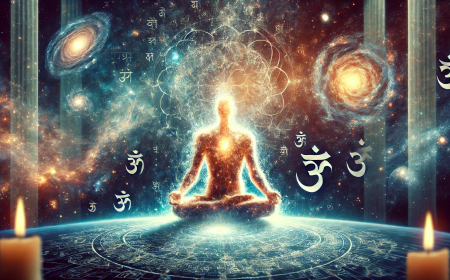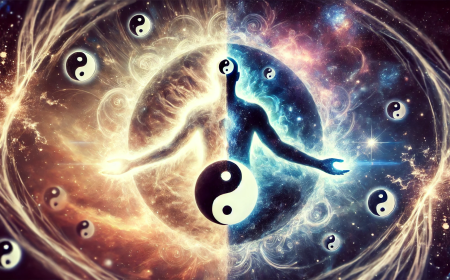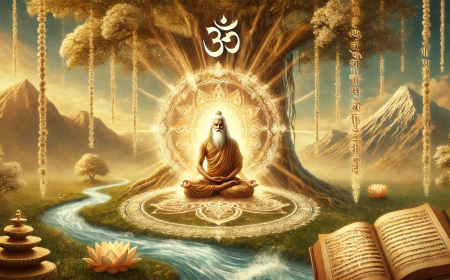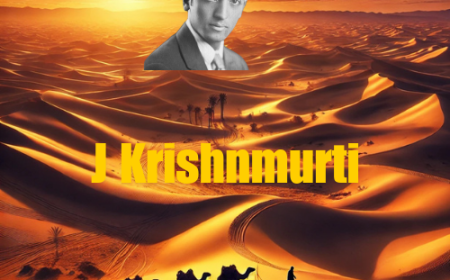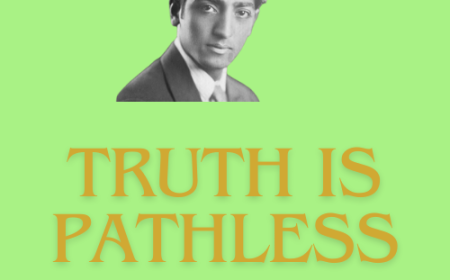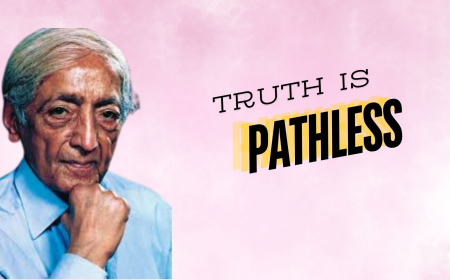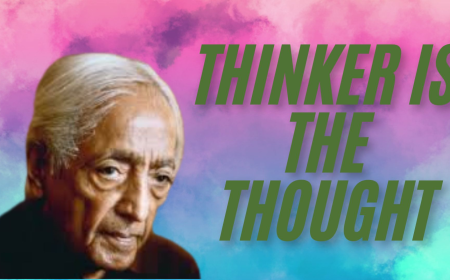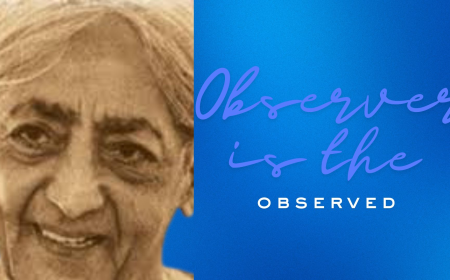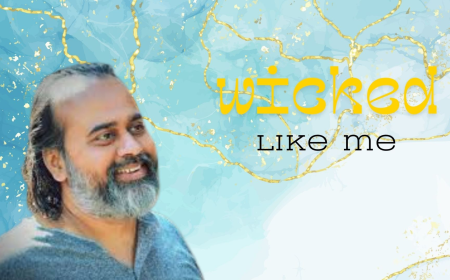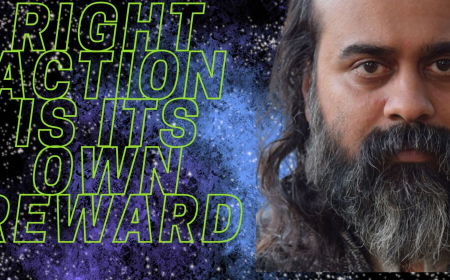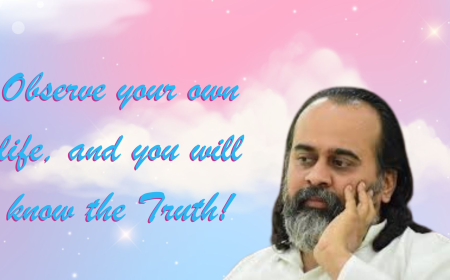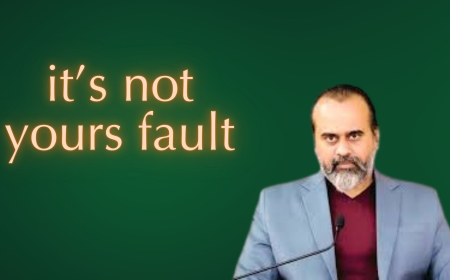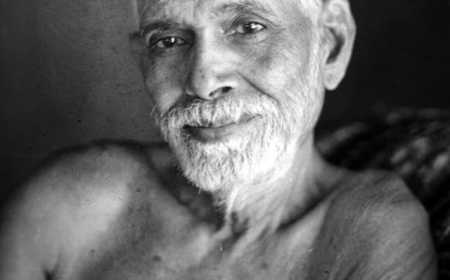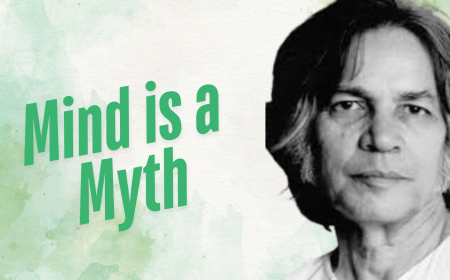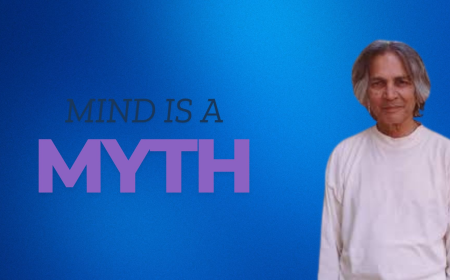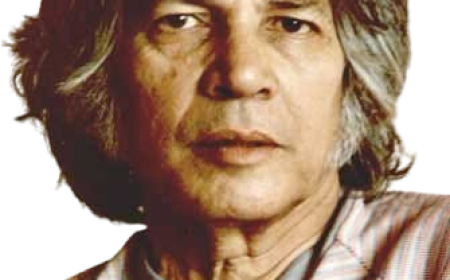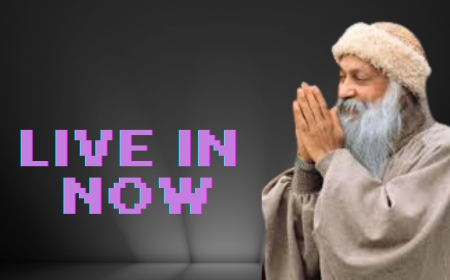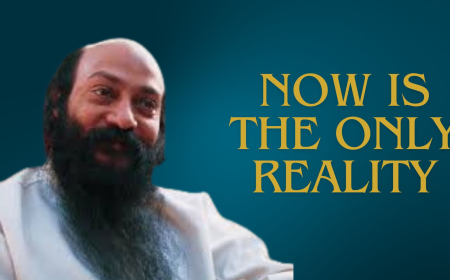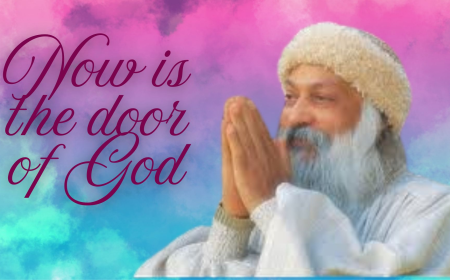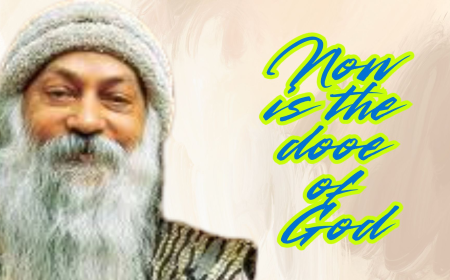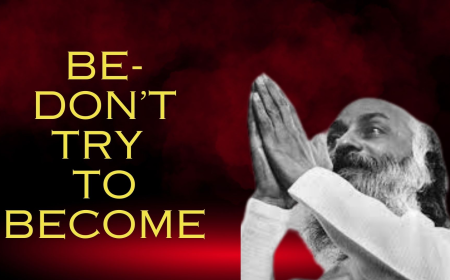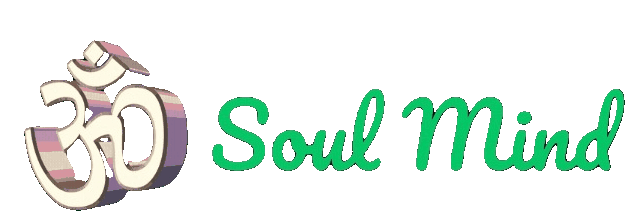Understanding Freedom from the Known – Jiddu Krishnamurti’s Teachings on Liberation
In this blog, we will explore the essence of Freedom from the Known, how Krishnamurti redefines the concept of liberation, and practical steps to apply his wisdom in everyday life.
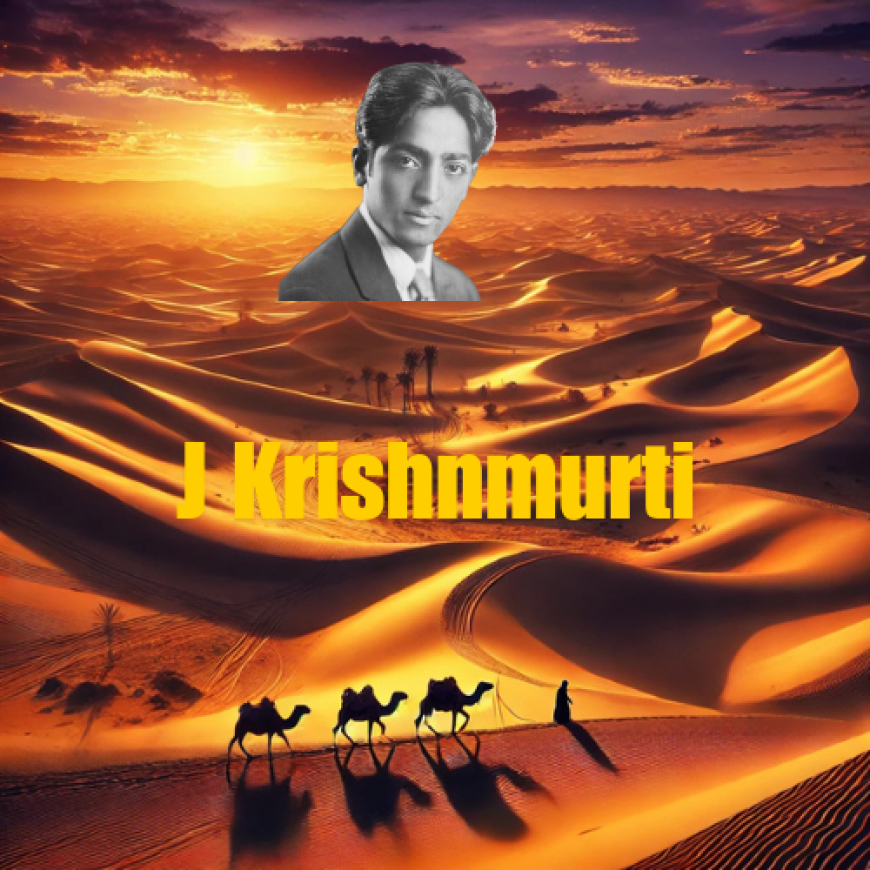
Introduction
Jiddu Krishnamurti, a profound spiritual thinker and philosopher, revolutionized the way we perceive freedom. His book, Freedom from the Known, explores the deep psychological and existential barriers that prevent true liberation. Krishnamurti’s teachings emphasize breaking free from conditioned thought, societal influence, and self-imposed limitations.
In this blog, we will explore the essence of Freedom from the Known, how Krishnamurti redefines the concept of liberation, and practical steps to apply his wisdom in everyday life.
What Does ‘Freedom from the Known’ Mean?
Krishnamurti’s concept of freedom is not about external liberation—such as political or social freedom—but a radical psychological transformation. He argues that the mind is trapped in conditioning from past experiences, societal norms, traditions, and personal beliefs.
According to him:
- The "Known" is the Past: Our thoughts, beliefs, and experiences create a mental framework that limits our perception of reality.
- True Freedom Lies Beyond Conditioning: To experience real freedom, we must free ourselves from this accumulated knowledge and observe life with fresh awareness.
- Freedom is Not an End Goal: It is not something to be achieved in the future but can only exist in the present moment.
Breaking Free from Psychological Conditioning
Krishnamurti’s teachings emphasize that our suffering stems from attachment to the past and fear of the future. He urges us to question:
- Are we truly thinking for ourselves, or are we influenced by society’s expectations?
- Can we observe our thoughts without labeling or judging them?
- What happens when we let go of the need to identify with our beliefs and experiences?
By understanding the nature of thought and realizing that we are not our thoughts, we can step into a state of true awareness.
The Practice of Awareness – Krishnamurti’s Approach to Freedom
Krishnamurti did not believe in structured methods, religious rituals, or self-help techniques. Instead, he encouraged self-inquiry and direct observation as the path to liberation.
1. Observation Without Judgment
Krishnamurti emphasized the need to observe thoughts and emotions without labeling them as good or bad. By practicing detached awareness, we can see how the mind operates without becoming entangled in it.
How to Practice:
- Sit in a quiet place and observe your thoughts as they arise.
- Do not try to control or suppress them—simply watch.
- Notice how each thought is connected to past experiences or future fears.
2. Living in the Present Moment
True freedom comes from fully engaging with the present moment, rather than being lost in regrets of the past or anxieties about the future.
How to Practice:
- When eating, focus on the taste, texture, and sensations instead of thinking about other things.
- When walking, feel each step and the movement of your body.
- Engage in activities with full presence, without distraction.
3. Questioning Authority and Social Conditioning
Krishnamurti believed that true liberation comes when we stop blindly following authority—whether religious, political, or societal—and begin questioning everything we have been taught.
How to Practice:
- Reflect on your deeply held beliefs. Ask yourself, Are these my own thoughts or something I’ve been conditioned to accept?
- Avoid accepting ideas simply because they are traditional or popular.
- Cultivate an open mind that is willing to challenge existing perspectives.
The Illusion of the ‘Self’ – Who Are You Beyond Thought?
One of Krishnamurti’s most profound teachings is the idea that the "self" is an illusion created by thought. We often define ourselves based on past experiences, memories, and societal labels. However, Krishnamurti suggests that the true self is beyond these mental constructs.
How to Realize This?
- Observe the way your mind constantly seeks identity in roles (parent, professional, friend, etc.).
- Notice how thoughts create a sense of separation between “you” and the world.
- Ask yourself: If I let go of all labels and stories about myself, who am I?
This contemplation leads to an experience of pure being, where there is no division between the observer and the observed.
The Relevance of Krishnamurti’s Teachings in Modern Life
In today’s fast-paced world, where people are consumed by distractions, digital overload, and societal pressures, Krishnamurti’s insights are more relevant than ever.
1. Freedom from Anxiety and Stress
By understanding that thought itself is the root cause of anxiety, we can detach from mental chatter and experience peace.
2. Breaking Free from Social Conditioning
In an era of media influence and societal expectations, questioning everything we believe allows us to reclaim our authenticity.
3. Finding Meaning in Life
Instead of chasing external goals for happiness, Krishnamurti invites us to turn inward and realize that joy is found in simply being.
Conclusion – The Path to True Freedom
Jiddu Krishnamurti’s Freedom from the Known is a profound invitation to step beyond conditioned thought and experience life with fresh awareness. He reminds us that freedom is not something to be attained—it is already present when we let go of mental constructs.
By practicing deep self-inquiry, questioning beliefs, and embracing the present moment, we can free ourselves from the limitations of the mind and step into a state of true liberation.
Are you ready to break free from the known? The journey starts now.
What's Your Reaction?







